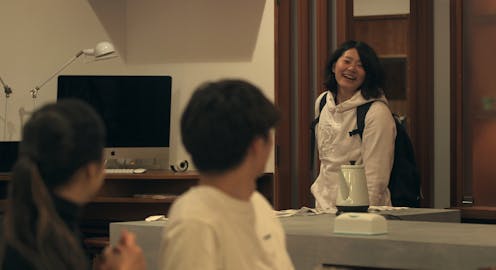Often when we think about reality TV, we think about mess, conflict and scandal – three things usually grouped under the umbrella term of “drama”. Sometimes the drama comes organically. For instance, shows with social strategy games such as Survivor have conflict built into their architecture.
Other times, the drama is engendered by a show’s producers, as they manipulate contestants and narratives during and after filming – often causing great harm. The good news is there are plenty of shows that don’t do this. Reality shows are often presented in terms of heroes and villains.

Indeed, Rolling Stone went as far as to declare 2023 “the year of the reality TV villain”. This so-called villainy is a subject we’re both familiar with. One of us, Jodi, has written about it extensively, authoring a novel starring a producer and villain on a show much like The Bachelor.
The other, Rebecca, has lived the experience. Rebecca appeared on The Bachelor New Zealand in 2016 , and her PhD studies on reality TV were manipulated into a narrative of ‘undercover spy’. There are many ways to become a reality TV villain, but not all are deserved.
The “villain edit” – which is also the title of a memoir by ex-Bachelor Australia contestant Alisha Aitken-Radburn – refers to the (often undeserved) presentation of certain contestants as the “bad guys”. Several reality stars have shared their experience of being used as human props in these social experiments. Last month,.























